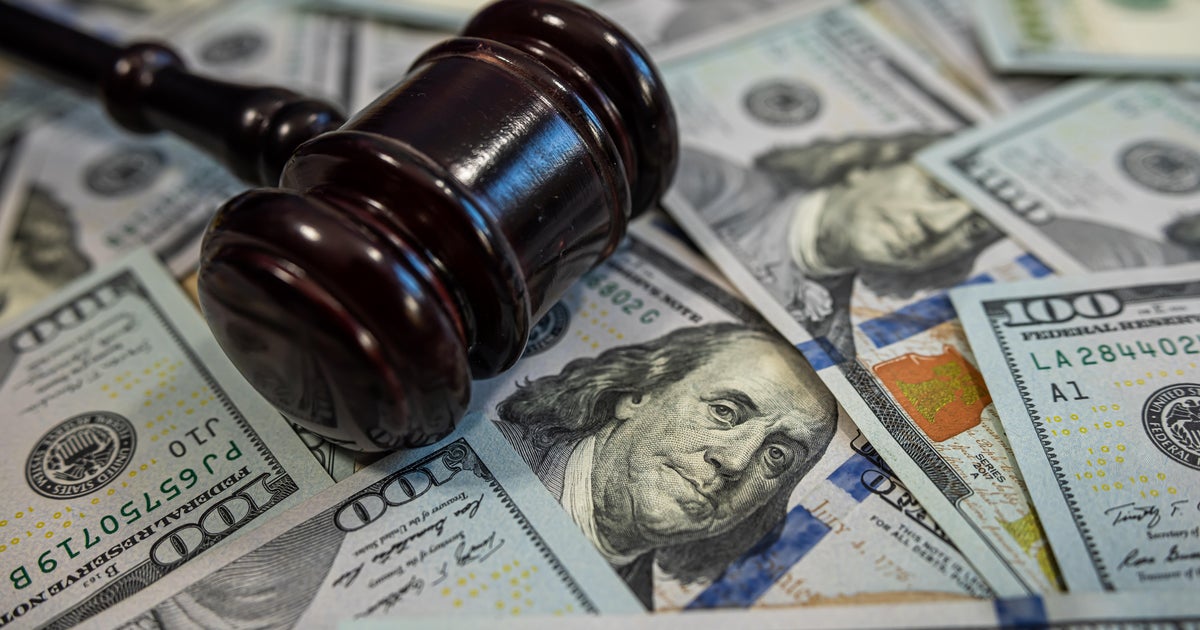FDA "digging into" data suggesting Abbott coronavirus test inaccuracies, but still recommends use, commissioner says
The Food and Drug Administration is "digging into" data that says a popular coronavirus test may give inaccurate results, Commissioner Stephen Hahn said. However, Hahn said the agency recommends that the Abbott Laboratory test, which is used to test President Donald Trump and White House staffers, still be available for use.
The FDA issued an emergency authorization in March for the Abbott ID NOW point-of-care test, which delivers results in minutes. The FDA published a warning about it on Thursday after an NYU Langone Health study, which has not been peer-reviewed, found that it might return false negatives — meaning it might say a person doesn't have the virus when they actually do.
"What we're saying is that there are some data to suggest that there may be inaccuracies, false negatives, with the Abbott test. However, there are many users who have contacted us and have not had this problem, so FDA is digging into it, and we're working with Abbott to actually look at what data are available to get the most up to date and accurate information about the test performance," Hahn said on "CBS This Morning" Friday. "That being said, the test is on the market. We continue to recommend its use or to have it available for use."
Hahn also noted that point-of-care tests in general "would have a lower sensitivity than a test that's based in the laboratory."
"We've known that for years," he said, but added that the data the FDA used to grant the emergency use authorization for the Abbott test "were very robust."
The purpose of the new FDA warning was to make sure providers have the information about what the test does.
"So for example, if a person you suspect — a doctor suspects a person has the disease, it might be worth, if the test is negative, getting a second confirmatory test. That's what our guidance is about," he said.
Hahn said the FDA is providing guidance to the White House about the test, but said it is up to them if they choose to keep using it. Mr. Trump has praised the test as "ultra-fast" and "very accurate."
Abbott said while some studies have shown the "sensitivity performance percentages," or true positive rates, of the test to be in the 80s, others have shown it at or above 90%, and one showed it as high as 94%.
"We're seeing studies being conducted to understand the role of ID NOW in ways that it was not designed to be used. In particular, the NYU study results are not consistent with other studies," the statement said. "While we understand no test is perfect, test outcomes depend on a number of factors including patient selection, specimen type, collection, handling, storage, transport and conformity to the way the test was designed to be run. ID NOW is intended to be used near the patient with a direct swab test method."
The company also said it will clarify its guidelines and continue "to optimize" the test.
Hahn also was asked about the testing capacity in the United States.
"We continue to work with close to 300 test developers. We have not taken our foot off the pedal with respect to this," he said. "We recognize the need to get more tests on the market, and we're working with developers to do that."
He said there are a number of factors contributing to delays in more tests, including the need for data before authorizing a test and an "unprecedented demand for the tests."
Hahn would not say if putting the onus on states to run testing and contact tracing was the best approach, but said, "there are unique circumstances in the states."
"The governors understand what best happens in the states, and we will provide them as much support as we possibly can to make the absolute best public health decisions," he said.



